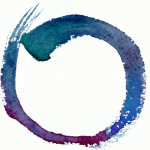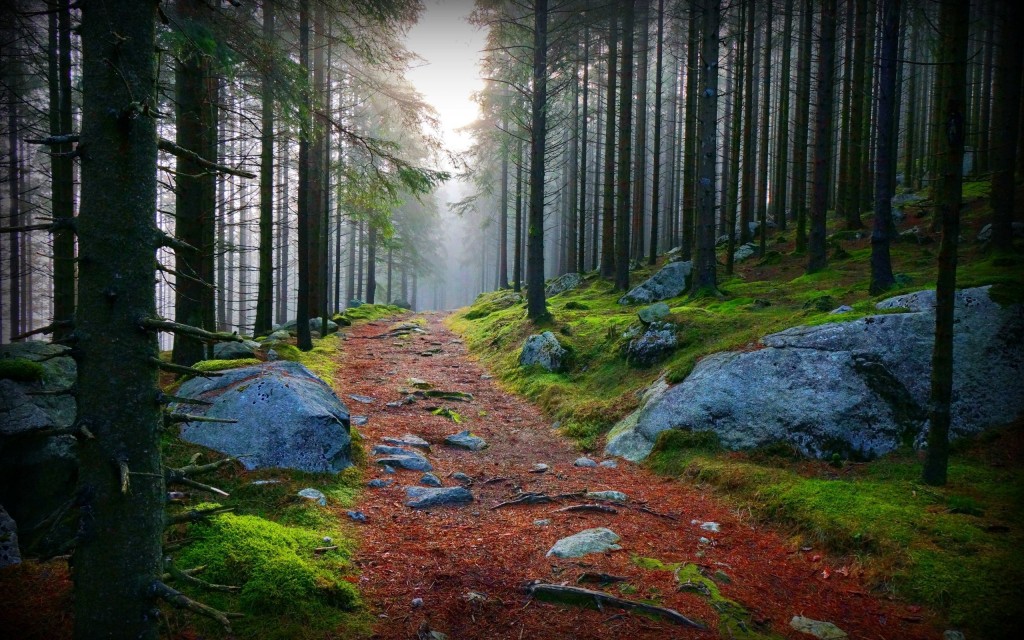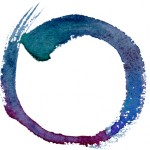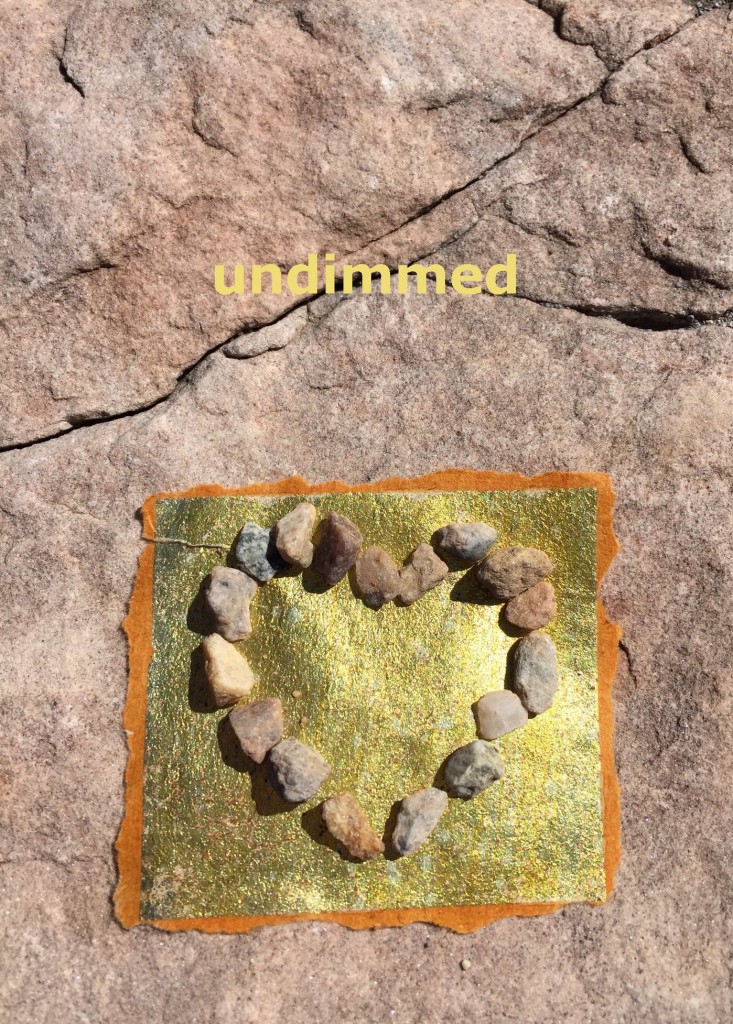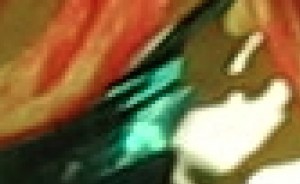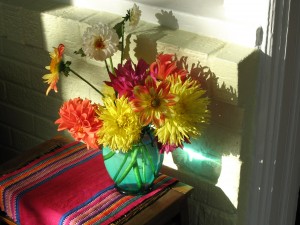
The other day, when I was coming out of meditation, I heard the phrase “passing on your light.” At first I heard it as an instruction: don’t keep my light to myself. Pass it on.
But instantly I realized it was actually a commentary on what I suspect many of us do: pass on our light. As in “Oh, I think I’ll pass.”
I notice this tendency in myself. I experience many insights and spiritual ahas, so many that I couldn’t begin to share them all, but always the first thing that springs to my mind when they come is, “How can I share this with others?”
One might think this is an admirable quality. But actually it can be a form of deflection, a way of avoiding owning the insight and accepting it as an emanation of my own light.
I remember as a child playing the game of hot potato, when I and my friends would circle around tossing an imaginary hot potato to each other.
It’s like that. When we give away our light without first accepting it as ours, we are passing on it. We’re playing spiritual hot potato.
I suppose we play this game because we’re afraid of the potency of our divine nature, afraid of the intensity of our light. Maybe we know if we accept it we’ll have to come to terms with the fact that we are something very different from what we have always believed. But we have to ask ourselves if being loyal to a false identity is more valuable to us than being true to what we actually are.
I’m aware that right now we are in the sign of Leo, which is all about discovering our luminous Self and allowing it to shine. The sign of Leo is also associated with the Sun, and one reason life here on Earth can flourish is because the Sun is simply being what it is: a body of light.
So let me ask you this, are you ready to stop passing on your Light? Are you willing to accept that even the Sun can’t hold a candle to the luminous Self you truly are?
